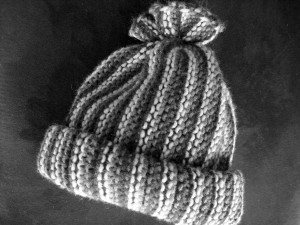I think it’s interesting that some couples try so hard to influence the potential gender of their children. There are supposedly lots of things that can impact whether conception results in a boy or a girl being born. The Chinese have a gender selection chart, or calendar, which suggests that conception occurring on certain days of the year will result in either male or female babies being born. Other possibilities include selecting certain positions during intercourse, eating certain types of foods, and even sleeping in certain positions. Medical personnel agree that the gender of a child is determined when a single sperm cell fertilizes an egg. The egg always carries an X chromosome while a single sperm can carry either an X (girl) or Y (boy) chromosome. So if a sperm cell that fertilizes an egg is carrying an X chromosome, a girl will be the conceived whereas a boy will be conceived if the sperm cell that fertilizes an egg is carrying the Y chromosome. Studies have shown that sperm with a Y chromosome (boys) are faster swimmers, but are not as strong and don’t live as long as sperm with an X chromosome. If you consider that conception usually occurs close to ovulation (most estimate a two to ten day range), it would stand to reason that timing could be a factor. For example, if intercourse occurs further away from ovulation, the sperm with the girl chromosome would likely have the advantage, due to a longer lifespan. However, this is not supported in the medical literature. The authors of one study published in the New England Journal of Medicine (1995) examined this topic and reported, “However, we found no association between the sex of the baby and timing of intercourse in relation to ovulation. We conclude that the deliberate timing of intercourse around the day of ovulation has no practical value in sex selection.”
Reference:
Wilcox, A., Weinberg, C., and Baird, D. Timing of sexual intercourse in relation to ovulation: Effects on the probability of conception, survival of the pregnancy, and sex of the baby. New England Journal of Medicine (1995), Vol 333, pp. 1517-1521.


